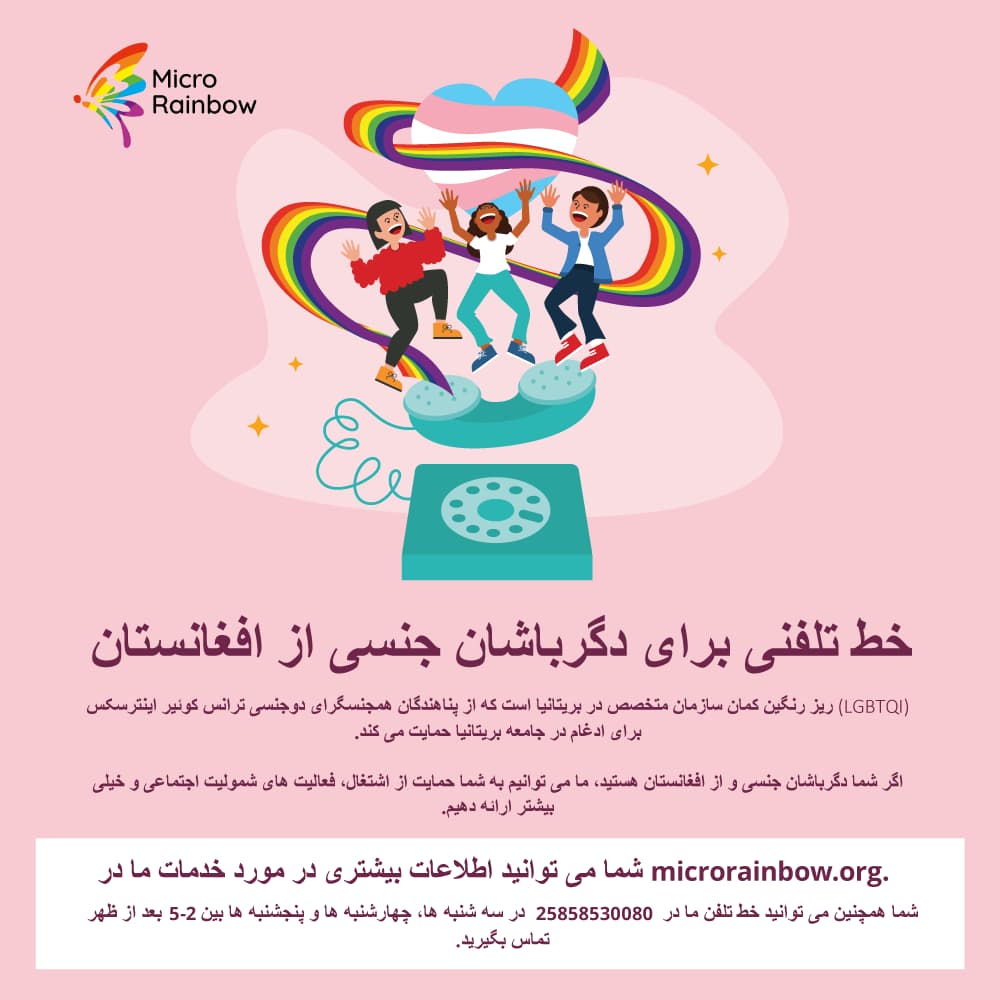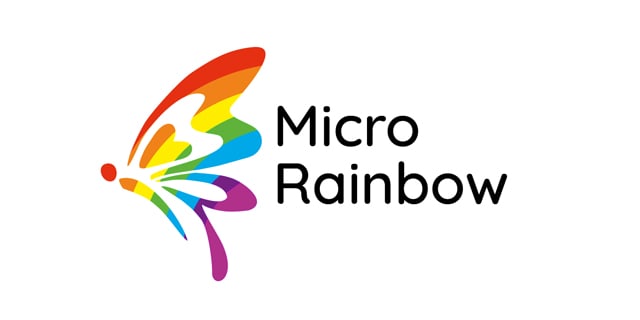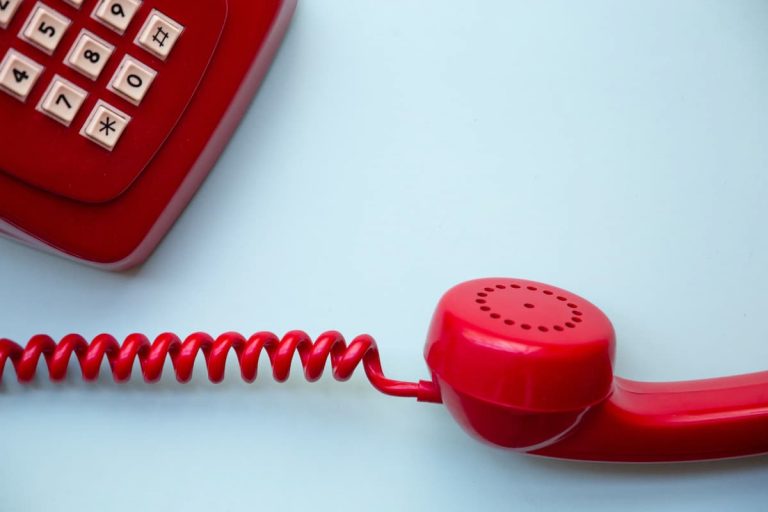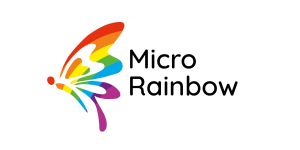On the 30th October 2021, a group of 29 LGBTQI Afghans arrived in the UK following the Taliban’s return to power. Since then, at least 21 more LGBTQI people have arrived to seek safety. LGBTQI Afghans fear persecution and even death under the Islamists’ rule.
Operation Pitting and the Afghan Relocation Assistance Policy (ARAP) scheme evacuated about 15,000 people. Additionally, the UK Government commits to resettling 20,000 more people over the next four years. As a result, we expect more LGBTQI people will find safety in the UK.
Feeling isolated and scared
There are few specialist services catering to the needs of LGBTQI refugees from Afghanistan and many are struggling to access support.
LGBTQI Afghans are particularly isolated and scared. Our work over the last few months in the hotels where people from Afghanistan who have arrived under the ARAP scheme are staying has revealed that there might be more LGBTQI people who are unknown to Micro Rainbow or the Home Office.
These LGBTQI Afghans are living in close contact with dozens of other people from Afghanistan. Many are afraid of being identified as LGBTQI for various reasons, not least fearing that their partners or family members back home will be targeted or even killed. Consequently, they are missing out on vital specialist support.
Providing support
That’s why we’re launching the first ever helpline in the UK for LGBTQI people fleeing Afghanistan to contact us.
Sebastian Rocca, Founder and CEO of Micro Rainbow said:
“Since the arrival of the first LGBTQI cohort, Micro Rainbow has been caring for the group not only with emotional support but also with practical matters, from clothing to accessing sexual health, ESOL to making the first steps to integrate into British society. Now we want to make sure that every LGBTQI person from Afghanistan has the opportunity to call the helpline, self-identify, access specialist support and start living a fulfilling life”.
Micro Rainbow’s LGBTQI Afghan programme
Since October 2021, Micro Rainbow has run it’s LGBTQI Afghan programme exclusively through donations, small grants and the pro-bono services of corporates like Colt Technology Services who are providing Micro Rainbow with a free 0800 number for three years. Caroline Griffin Pain, Colt’s General Counsel and Executive Sponsor of Colt’s Pride Network, said:
Micro Rainbow’s work is vital to the wellbeing of LGBTQI people in the UK that have fled Afghanistan. Here at Colt, what we do centres around making extraordinary connections and this is absolutely aligned to Micro Rainbow’s purpose. As a committed ally, I am very proud of this partnership and to support Micro Rainbow by providing a free phone number that will help LGBTQI Afghans access the specialist services and support that are so important to their health, safety and wellbeing as they make a new, safe life in the UK.
Sebastian Rocca added:
“Today marks the end of LGBT+ History Month 2022. This year also marks the first decade of Micro Rainbow’s work. I could not think of a more fitting way to honour these events, than by responding to a human rights emergency with specialist support and solidarity. However, our work cannot help everyone and most LGBTQI people will remain in Afghanistan, constantly risking their lives. I hope that more Governments will step up to protect our siblings, and we will do our part”.
About the helpline
The helpline number, 0800 3585852, is free to access. The helpline will provide LGBTQI Afghan refugees with:
- confidential and specialist support
- a direct link from an isolated community to a listening ear
- access to resources
- potentially life-saving advice
- a Pashto speaking colleague
- access to Farsi and Dari interpreters










